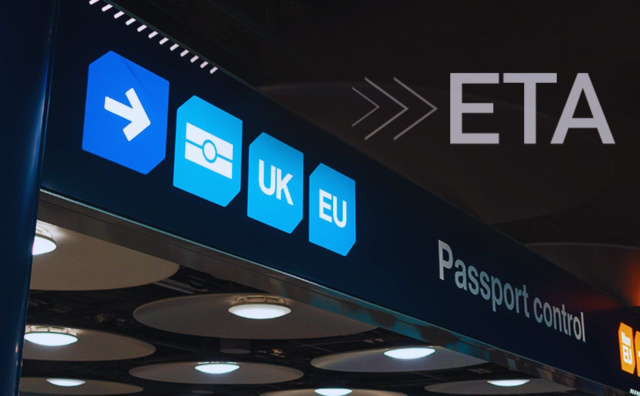Starting from April 2, 2025, citizens of all EU countries, including Bulgaria, will be required to obtain an electronic transit and short-term residence permit to travel to the United Kingdom, even though they currently do not need a visa for short stays. This electronic travel authorization (ETA) must be obtained in advance for trips up to six months for tourism, business, or private visits.
The ETA will remain valid for two years or until the expiration of the passport, whichever comes first. It allows multiple entries into the UK for stays of up to six months each. A new ETA will be required if a traveler obtains a new passport.
Applications for the ETA can only be made through the official British government website. The online process will begin on March 5, 2025, requiring a valid passport, a credit or debit card for the £10 fee, and an email address. In most cases, decisions on applications will be made within three working days, though processing may take longer in certain instances.
From April 9, 2025, the cost of the ETA will increase to £16. Travelers from the EU, including Bulgaria, will not be allowed to board planes, trains, or ferries to the UK without a valid ETA. However, possessing an ETA does not guarantee entry into the country.
Certain individuals are exempt from needing an ETA, including those holding a UK visa, British or Irish citizenship, or residency permissions for the UK. The requirement also does not apply to heads of state, diplomatic personnel, or employees of international organizations based in the UK, as well as participants in pre-approved international conferences. Full details on the process and exceptions can be found on the official UK government website. Novinite.com








